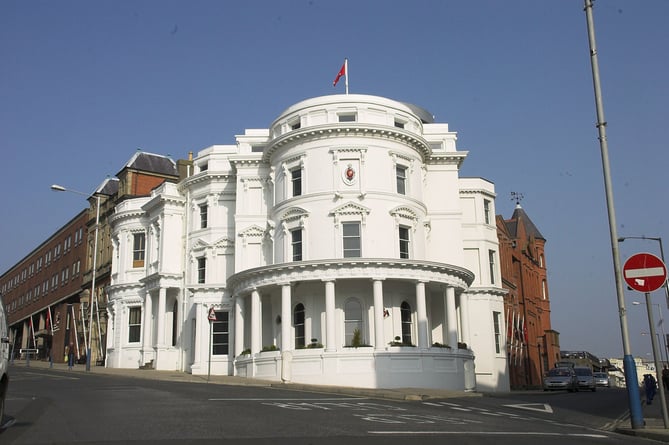New sexual offences legislation could come into force by March 25 if it is approved at the next Tynwald sitting.
Tynwald will be asked to approve one set of regulations and one order, after which the ‘Sexual Offences and Obscene Publications Act 2021’ can be ‘switched on’.
This would introduce a number of new sexual offences, strengthened sentencing powers and the updating of court anonymity rules.
The new legislation would make crimes like voyeurism and image based sexual crimes such as revenge porn or deep fakes, punishable as their own specific offences.
The Act would also outlaw conversion therapy, update child abuse and child exploitation offences and increase the maximum penalties to bring the island’s prison sentences more in-line with the UK.
Where a sexual or suggestive photograph or video is taken, created or shared without the consent of the person in the footage, these offences could carry a punishment of up to three years’ custody.
Minister for Justice and Home Affairs, Jane Poole-Wilson MHK, said: ‘This Act is absolutely imperative to help deliver our Island Plan vision of a secure island where everyone feels safe.
‘The switching on of this Act provides for further safeguards for our most vulnerable members of society and ensures that there are more appropriate and robust punishments in place for perpetrators of sexual or image based offences.
‘I hope that Tynwald will approve these regulations to enable the introduction of this Act now that all necessary guidance is in place and the training has been undertaken to support it.’
The Act would also make the possession of extreme pornography an offence - images where the acts depicted are non-consensual, life-threatening or involve injury or bestiality.
An update would also be made with regards to court anonymity - the names of defendants who are accused of certain sexual offences would not be published until the point that they plead, or are found, guilty.
‘Sexual Harm Prevention Orders’ and ‘Sexual Risk Orders’ would also allow the police to place more stringent controls on those they believe pose a sexual risk to others.
These orders would provide protection by imposing conditions such as curfews, exclusions from certain places and no contact conditions.
The Act received Royal Assent in 2022, but was not immediately ‘switched on’ as guidance had to be created so that all services involved would be properly prepared.




